13 Reasons Why
Why parents whose kids are watching the show should be tuning in too.
13 Reasons Why is a Netflix Original series based on the 2007 novel Thirteen Reasons Why, written by Jay Asher. The plot revolves around Hannah, a young high school student who chooses to end her life after battling through several issues with her best friends and peers. She leaves behind cassette tapes outlining the 13 reasons for her decision and the key players she deems responsible for her death. Each person named in the tapes must listen to the recorded message to learn from their mistakes.
Recently the York Region District School Board (YRDSB) has voiced concern about the show to parents. “The conversation among students about the series and suicide is happening, and parents should be aware,” says YRDSB chief of social work Heather Carter. “Sharing about the topic isn’t bad, but we have to be careful about how we do it.”
If you’re a parent, you probably already know that you’re a few moments behind your trend-savvy teen. Mention 13 Reasons and you might find out that your kid has already watched it through to the end. If that’s the case, ask if they would introduce it to you; perhaps they would be willing to show you the first and last episodes. If they feel strongly about a particular episode in between, they might also choose to share it with you — and that in itself could be telling.
The most graphically disturbing episodes come with a viewer warning, which should prompt a parent to gently state:
“Hmm, do you think we’re ready to see this part? We can skip it entirely or stop it if it gets too upsetting.”
Please be aware that the show might be difficult to watch if you have experienced similar hurt in your life, as it could trigger memories or other painful feelings. Children under 14 years of age probably should not view many of these episodes at all.
One good option is to simply watch the 30-minute Netflix addition called 13 Reasons Why: Beyond the Reasons, in which the TV creators, novelist and actors talk about what they hope viewers will take away from the show. It provides an excellent opportunity to educate yourself and to have a great conversation with your kids about all of the timely and important topics introduced.
Here are 13 reasons why parents and caregivers should watch, along with tips for starting discussions:
1. It never hurts to display an interest in what interests your children. This needs to be done with an air of openness, curiosity and sharing — not in a way that says, “See? I told you this show was awful!” Try:
“What is it about this show that you like so much? What do you take from it?”
2. Suicide is every parent’s nightmare and a very unfortunate cause of death in adolescents. 13 Reasons Why offers a window of opportunity to discuss this difficult subject and to talk about the issue of mental health — how to recognize that you need help and how to get it. Try:
“I wish Hannah had talked to more people about how she was feeling. How might that have changed things? Why do you think that was hard for her?”
3. It deals with bullying and the number of ways that this takes place among young people today — in person and online, with photographs, texts, eye rolls and social isolation. It provides an opportunity to address the use of technology and the power of social media, as well as to start discussions about how teens might keep themselves safer online. Try:
“Wow, things really got out of hand there. Could any of that have been prevented? How could [character name] have handled that differently?”
4. It portrays power, privilege and issues of diversity, such as the fact that everyone does not have the same choices open to them. Try:
“Why does Bryce seem to have so much power over everyone else? What do you think Tony means when he says that going to the police in his community is not an option?”
5. It portrays a lot of different families. There are imperfect marriages and imperfect parenting. It reminds us that we don’t always know what is going on in the lives of our children’s closest friends and reminds us why we should. Try:
“Who do you think has the best family in this show? What makes them better than other families? Who has the hardest family life?”
6. It deals with growing up, separating from your parents and the resulting loneliness. More importantly, it talks about the value of finding and making good friends and how to tell the difference between healthy and unhealthy friendships. Try:
“That friendship seemed to be a good one — what do you think went wrong? That friendship seems really bad for [character name] — why do you think he/she stays in it?”
7. Because high school can be hard. That time in life is about figuring out the way the world works — how to navigate peer pressure and how to embrace being weird. It’s also about preparing for those giant life transitions like choosing what to do next (college/university, job, etc.). Try:
“These kids are really dealing with a lot of changes. They want to grow up fast, but they also realize how hard it is — what could help them with all of this?”
8. It realistically illustrates underage drinking, drug use and impaired driving and how teens are using drugs and alcohol to help navigate stressful social situations, to fit in and sometimes to self-medicate. These are all opportunities for good discussion using the characters themselves. Try:
“Why do you think Justin keeps smoking pot and skipping school? How is this going to help him solve the problem he is facing? Clay clearly does not want a drink, but he has trouble saying no; what is that about?”
9. It deals with sexuality and gender stereotypes like what it means to be gay or straight and the pressure that comes from these expectations, particularly around masculinity. It specifically deals with how sexualizing girls harms them. Try:
“Do you know anyone to whom this has happened? How do girls/boys at your school handle the issues that these kids are facing?”
10. It talks about sexual assault and consent. The show makes these issues painfully real (the rape scenes in episodes 9 and 12 are nothing short of disturbing) and hopefully, creates a strong sense of what consent does and does not look like. Try:
“There seems to be lots of confusion in this series around whether or not it is safe to have sex with someone. How are these kids learning to communicate aabout intimacy? For which couples does it go right, and for which does it go wrong?”
11. It evokes feelings of empathy. Every character in the show is depicted as struggling with something, and recognize that in others, it makes us all better people. Your teens can tell you why they feel particular things about particular characters. The storyline reminds us all that we never know what another person is struggling with. It also reminds us that we can’t know unless we ask and are willing to hear about it. Hannah does reach out reach out, but the opportunities for help are lost because they are not recognized in the moment. The message you want to deliver here is:
“If something is bothering you, keep talking about it until you get help with it. You might have to tell several people before you find the right person who knows what to do. If you don’t want to tell me, that is okay. I just hope you will talk to someone if you are hurting. Don’t give up — there is always someone out there.”
12. Conversations about hard things are important. One of the things that struck me most as an adult viewer is that none of the kids tell their parents anything about what is going on, which leaves the parents guessing and, unknowingly, making some things worse. If there is anything you should be asking your child while watching this show, it’s this:
“Why do you think [character name] isn’t going to their parents for help? Why do you think Clay doesn’t want his parents to know he cared about Hannah? What could the parents in this show have done differently?”
13. Finally, you should watch this show because it demonstrates that there is always room for hope and healing. It allows for an important conversation about what justice really looks like and how hurting others to get back at them for the hurt they have caused does not make it all better. There is no healing in that. As Clay states at the end, “It has to get better, the way we treat each other and look out for each other. It has to get better somehow.”
At the end of the day, the show is popular because it is dramatic and romantic and it makes kids feel something while they watch it. A second season has been announced and will air in 2018, which I interpret as another important message that no matter what happens, life can and does go on — just as long as we keep talking about it.

Angelique Jenney,
PhD, RSW, is the Wood’s Homes Research Chair in Children’s Mental Health at the University of Calgary. She has over 20 years of experience working in the children’s mental health and violence against women sectors. Dr. Jenney’s research and program development have been devoted to understanding and responding to the impact of relational violence on children and families.
If you know someone who needs to talk, there is always help out there:
Victim Services of York Region (VSY)
Telephone: 905-953-5363
VSY is a not-for-profit, charitable organization that provides 24-hour crisis intervention support to persons victimized by crime and tragic circumstances.
310-COPE
Telephone: 1-855-310-2673
For individuals who are experiencing a mental health crisis, and for their family and friends, York Support Services Network offers the Community Crisis Response Service.
Available 24 hours a day, seven days a week, and serving residents of York Region and South Simcoe, This service is part of the York Region Crisis Support Network and the Integrated Child and Youth Mental Health Crisis Response Service for York Region and South Simcoe.
Kids Help Phone
Crisis Line: 1-800-668-6868
Good2Talk Post-Secondary Student Helpline
Telephone: 1-866-925-5454
Mental Health Helpline
Telephone: 1-866-531-2600
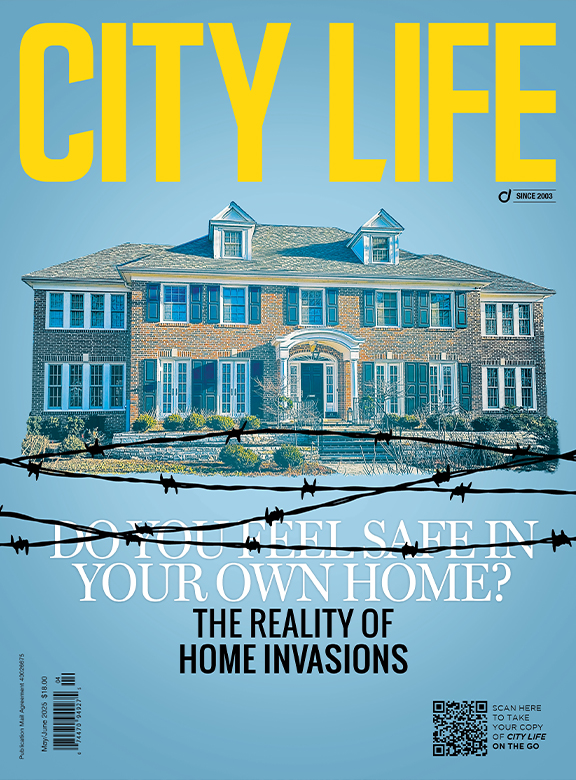






































































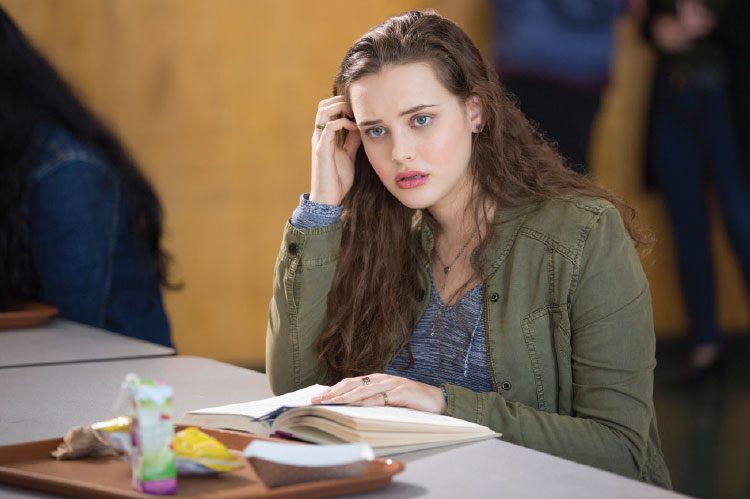
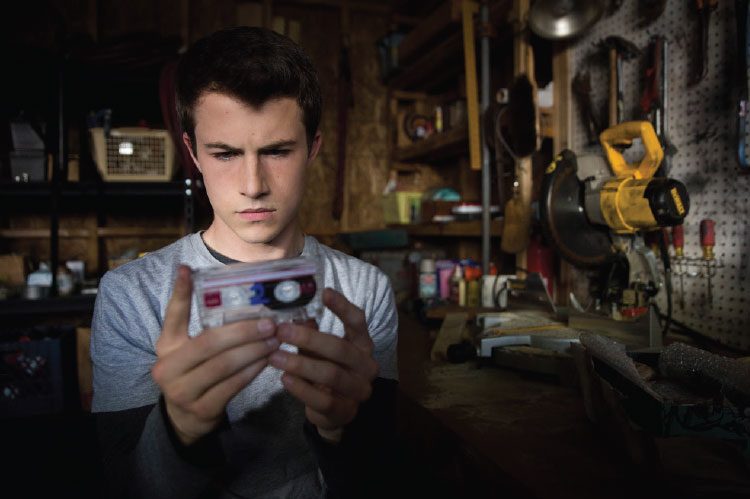
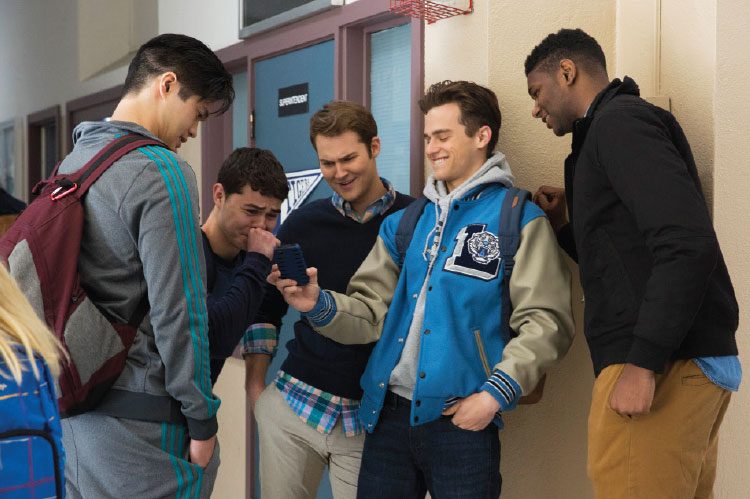
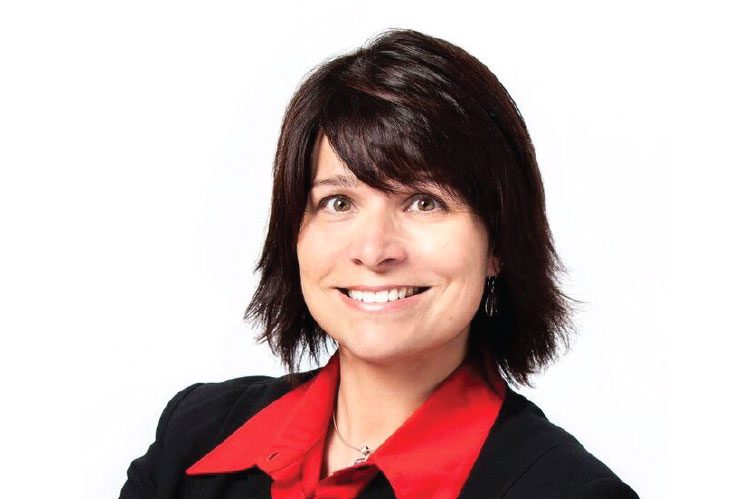
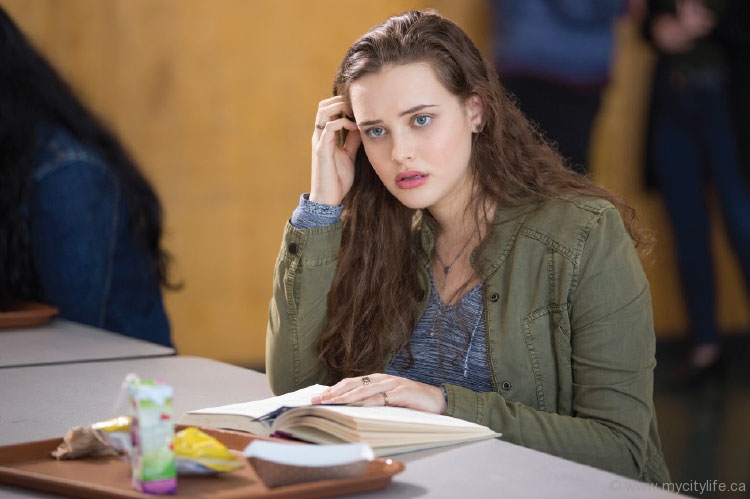


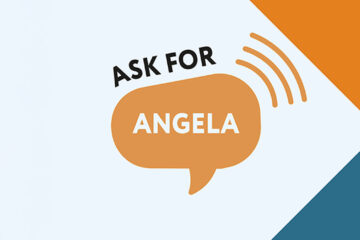
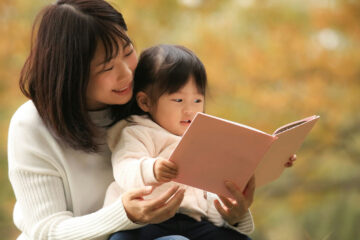
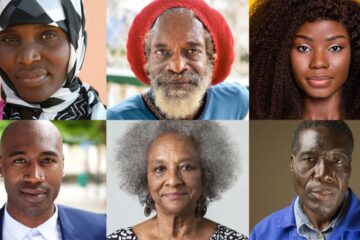
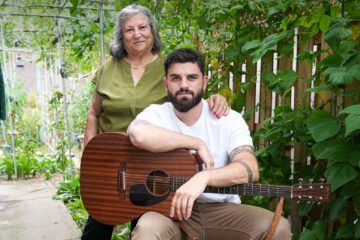
No Comment